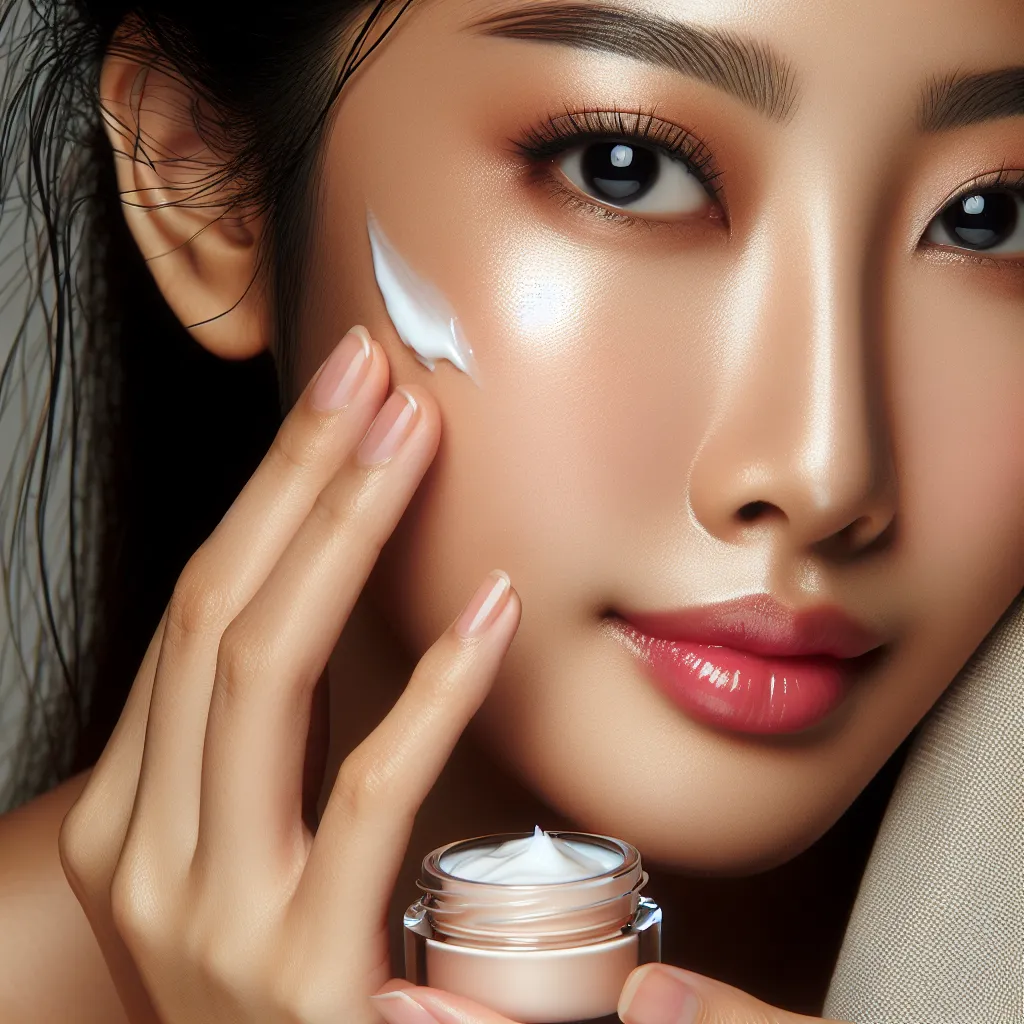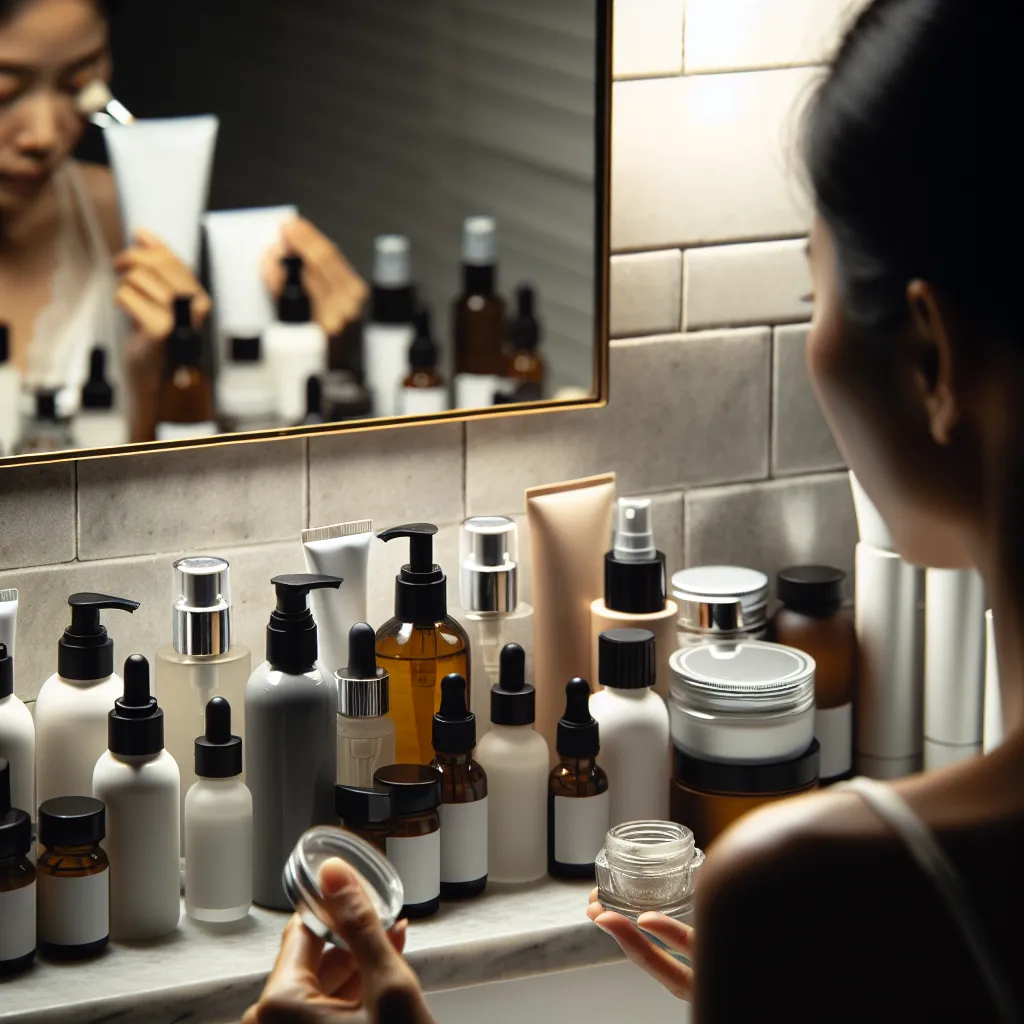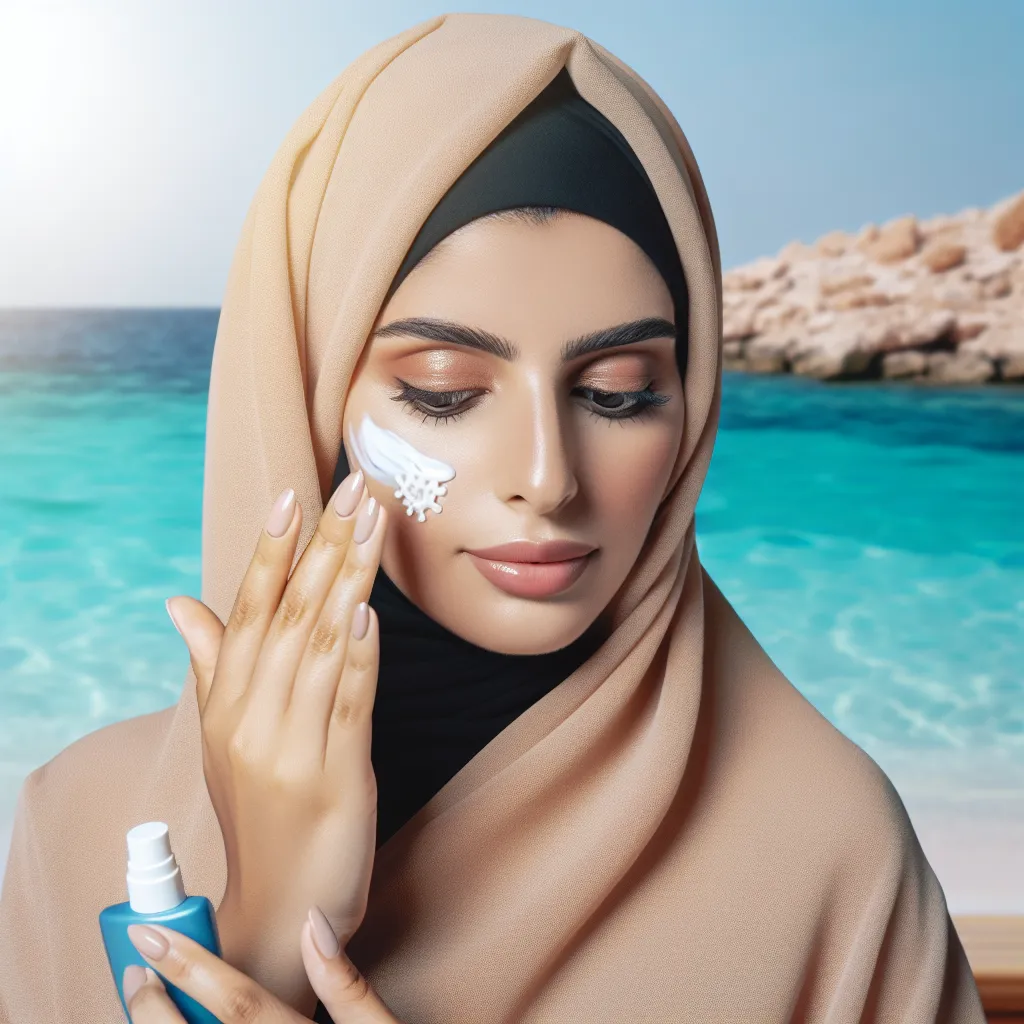The Science Behind Hydration: Understanding Your Skin’s Moisture Needs
Understanding the science behind hydration is crucial for maintaining healthy and rejuvenated skin. The skin’s natural moisture barrier plays a vital role in protecting against environmental factors and preventing water loss. To comprehend your skin’s moisture needs, it’s essential to grasp the concept of trans-epidermal water loss (TEWL). TEWL refers to the process of water evaporating from the skin’s surface, influenced by factors such as humidity, temperature, and skin condition.
Furthermore, the stratum corneum, the outermost layer of the epidermis, acts as a barrier to prevent excessive water loss. However, when this barrier is compromised, the skin becomes susceptible to dryness and dehydration. This is where the significance of moisturizing comes into play. By using hydrating ingredients such as hyaluronic acid, glycerin, and ceramides, individuals can replenish and support the skin’s natural moisture barrier.
Incorporating a hydrating skincare routine tailored to your skin type and environmental conditions is essential for achieving optimal skin hydration. Understanding the science behind hydration empowers individuals to make informed decisions when selecting the right moisturizing products and maintaining a healthy skincare regimen.
Choosing the Right Moisturizer: A Guide to Hydrating Your Skin
Choosing the right moisturizer is crucial for maintaining healthy, hydrated skin. With a plethora of options available in the market, it’s important to understand your skin type and its specific needs to make an informed choice. For those with dry skin, opt for a rich, cream-based moisturizer that provides intense hydration. Those with oily or acne-prone skin should look for lightweight, non-comedogenic formulas to avoid clogging pores.
When selecting a moisturizer, consider the ingredients. Hyaluronic acid and glycerin are excellent choices for attracting and retaining moisture, while ingredients like niacinamide and ceramides help in repairing the skin’s barrier function. Additionally, individuals with sensitive skin should opt for fragrance-free and hypoallergenic moisturizers to prevent irritation.
For those seeking multifunctional benefits, look for moisturizers with added SPF for daily sun protection, or those containing antioxidants such as vitamin C and E for combating environmental damage. Ultimately, the right moisturizer is one that suits your skin’s specific needs and seamlessly integrates into your skincare routine, promoting a healthy, glowing complexion.
Hydration Hacks: Tips for Keeping Your Skin Moisturized All Day
Hydration is essential for healthy, radiant skin. Incorporating effective moisturizing practices into your skincare routine is vital for maintaining skin hydration throughout the day. To keep your skin moisturized and glowing, consider these hydration hacks:
- Choose the Right Moisturizer: Selecting a moisturizer tailored to your skin type is crucial. For oily skin, opt for a lightweight, non-comedogenic formula, while those with dry skin may benefit from a richer, more hydrating moisturizer.
- Hydrating Mists: Keep a hydrating facial mist on hand for a quick moisture boost during the day. Spritzing your skin with a hydrating mist can help combat dryness and revitalize your complexion.
- Humidifier Use: Incorporating a humidifier into your living or working space can help maintain optimal moisture levels in the air, preventing your skin from drying out, especially during the colder months.
- Hydrating Ingredients: Look for skincare products containing hyaluronic acid, glycerin, and ceramides, as these ingredients work to attract and retain moisture in the skin, keeping it supple and hydrated.
- Regular Water Intake: Remember to hydrate from the inside out by drinking an adequate amount of water throughout the day. Proper hydration is key to ensuring your skin stays moisturized.
- Moisturize After Showering: Applying moisturizer to damp skin after showering helps lock in the moisture, leaving your skin feeling soft and hydrated.
By implementing these hydration hacks into your daily routine, you can effectively maintain skin moisture, promoting a healthy and luminous complexion.
The Effects of Dehydration: How Insufficient Moisture Impacts Your Skin
Hydration is crucial when it comes to maintaining healthy and glowing skin. Dehydration can have a significant impact on the overall health and appearance of your skin. When your skin lacks sufficient moisture, it can lead to a variety of negative effects, including dryness, dullness, and an increased appearance of fine lines and wrinkles. In addition, dehydrated skin can become more prone to irritation, inflammation, and sensitivity.
Furthermore, insufficient moisture can disrupt the skin’s natural barrier function, making it more difficult for the skin to protect itself from environmental aggressors and maintain a proper balance of oils. This can result in an imbalanced complexion, potentially leading to conditions such as acne and rosacea. Dehydration can also exacerbate existing skin issues, making them more difficult to manage.
Incorporating adequate hydration into your skincare routine is essential for combating these effects. By using moisturizers and other hydrating products, you can help replenish the skin’s moisture levels, improve its elasticity, and promote a smoother, more radiant complexion. Additionally, maintaining proper hydration can support the skin’s natural regeneration processes, aiding in the repair of damaged cells and the prevention of premature aging.
Ultimately, the effects of dehydration on the skin underscore the importance of prioritizing hydration in your skincare regimen. By understanding the impact of insufficient moisture and taking proactive steps to address it, you can help safeguard the health and vitality of your skin, promoting a more youthful and radiant appearance.




